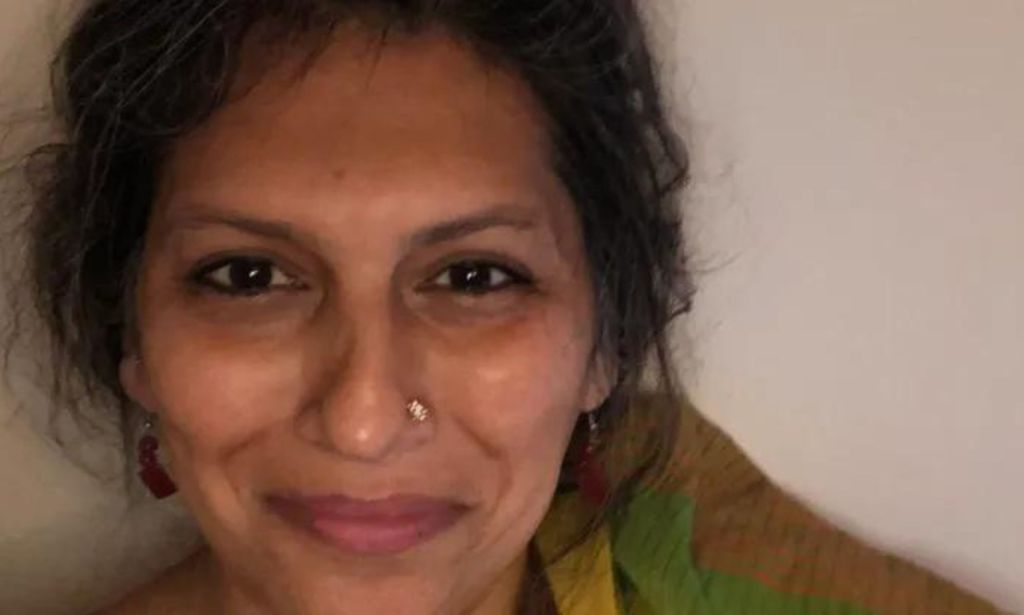Edinburgh Rape Crisis Centre’s trans boss Mridul Wadhwa quits

Mridul Wadhwa has resigned from her post as CEO. (Edinburgh Rape Crisis/Canva)
Women’s rights campaigner and the chief executive of the Edinburgh Rape Crisis Centre, Mridul Wadhwa, has stepped down from her post.
Wadhwa, who is transgender, announced her departure following the publication of an independent review of the trans-inclusive centre that criticised its policies around women’s-only spaces.
In a statement released on Friday morning (13 Friday), the Edinburgh Rape Crisis board said it had decided “that the time is right for a change of leadership … We are committed to delivering excellence while taking on board the recommendations from the independent review to ensure we place survivors voices at the heart of our strategy.”
Wadhwa joined the organisation as its chief executive in 2021 after serving at the Forth Valley Rape Crisis Centre and has been in the sector since 2005.
She has faced consistent harassment from anti-trans groups who opposed her appointment, including hate speech on social media and baseless accusations. The abuse became so severe that, in 2022, the ERCC was forced into a lockdown after staff consulted with security experts.

“It’s only recently that I’ve stopped looking over my shoulder or not thinking actively that I could be harmed,” Wadhwa said at the time. “But that doesn’t mean I don’t think I will be harmed. Even now, I believe I will be harmed. It is almost inevitable.”
Wadhwa was placed on indefinite leave following the result of an employment tribunal in May, which awarded former staffer Roz Adams compensation for being constructively dismissed by the ERCC for her gender-critical belief that service-users should know staff members’ sex assigned at birth.
An independent standards report was commissioned to review the standards of care within the ERCC.
The review found Wadhwa had “failed to set professional standards of behaviour” and “did not understand the limits on her role’s authority”.
The review stated that the ERCC’s policy “requiring women to specify they want a service delivered by a biological woman amounts to a core failure to deliver services.”
In instances where service-users asked to see a cisgender staff member, the ERCC upheld their right to that request.
Report argues ERCC failed to protect ‘women-only’ spaces
The report said the ERCC failed service users by not clarifying the birth sex of every staff member. It noted two instances where survivors chose not to use the centre’s services as a result of its policies.
It also found that 93 per cent of survivors felt hopeful about the future at the end of their time with the ERCC, with one saying they “walked into the last session with confidence”, adding: “I was not just surviving any more, and I will forever be indebted to my therapist for that.
“My life has completely changed, I have a deep-rooted sense of strength and self-worth and I finally feel ready to step into the world without anyone holding my hand.”
The two specific instances that were noted in the review included a survivor who chose not to use the ERCC over fears of their staff member’s assigned gender at birth.
Another reportedly said they had asked to be seen by a cisgender woman, and that, while the ERCC assured them their needs would be met, they weren’t confident about the organisation’s service.
“Neither of the women who spoke to the reviewer had used ERCC’s services personally but they had come into contact with ERCC staff online or at a meeting,” the report said.
The ERCC said it welcomed the review’s findings and apologised to those who had been affected.
“We recognise that we got things wrong. We are sorry. We are committed to putting things right and implementing the recommendations in the report,” a spokesperson said.







